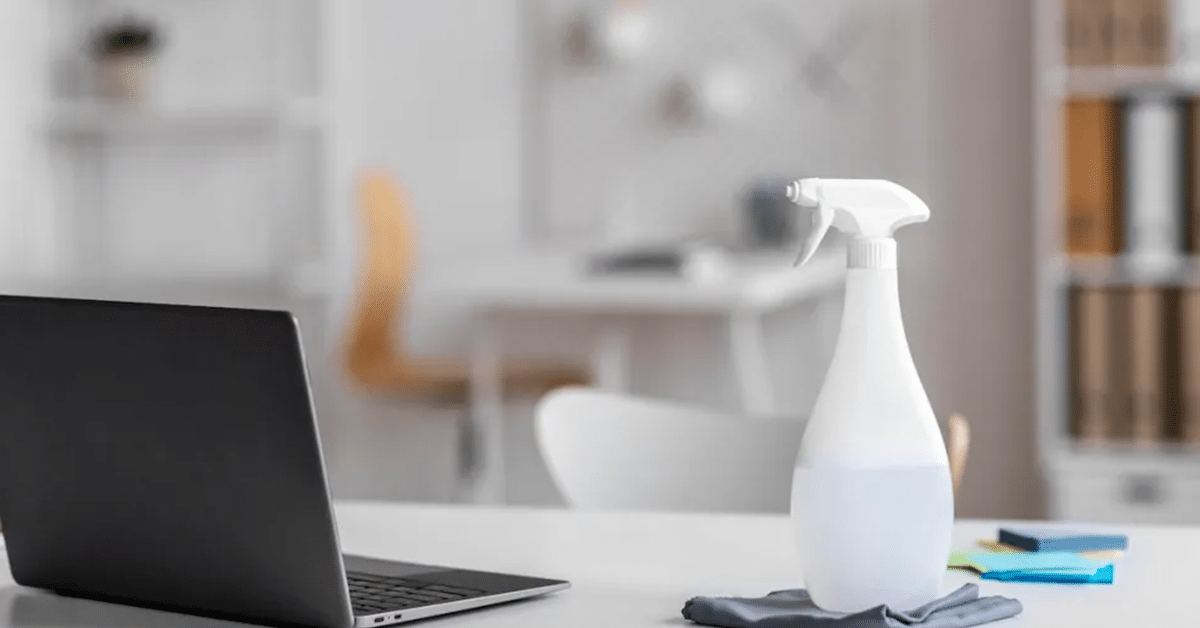People can become addicted to many things, from drugs and alcohol to gambling or tobacco. If you are in the recovery process, you know that battling an addiction can be a struggle.
Focusing on your mental and physical health during the recovery process can help you in many ways as you move into a new phase of your life.
Mental Health
Overcoming addiction can be hard because it becomes part of a daily routine. Certain people, places, or circumstances can trigger the habit. According to the National Institute on Drug Abuse, alcohol or certain drugs can affect how people’s brains operate. This can negatively impact your mental health and may have long-lasting consequences.
Self-Care
Make your mental health a priority and indulge in self-care by focusing on things that help you recharge safely and healthily. Experiment with meditation or find a new hobby to occupy your attention. Enlist the help of others, such as loved ones, Counselors, and other professionals who specialize in addiction, to find solutions that work for you.
Think about cleaning and organizing your home to get rid of temptation and create a positive, healing atmosphere. Creating a fresh environment can lift your spirits and give you a sense of accomplishment. People who struggle with addiction may neglect their relationships, hygiene, or personal surroundings. Address any issues that may have contributed to or resulted from your addiction to help remove any barriers to your recovery.
Physical Health
While in the active addiction, some people may not treat their bodies well. As you recover, you may find that you are not as physically healthy as you used to be. Be kind to your body and concentrate on eating right, engaging in movement you enjoy, and getting enough sleep.
Workout Suggestions
For some, working out is a powerful coping skill, which makes sense as research shows exercise can be a great way to boost your mood while strengthening your body. Whether you want to work out at home or join a gym, there are exercises you can do. However, it may be a good idea to consult a doctor before starting to ensure you can handle your planned activity.
Going for regular walks or runs can be a cheap and easy way to get enough cardio. Riding a bicycle can be enjoyable, even if you only have time to go around the block once or twice. Use weights for strength training if you have them or improvise using cans of soup or other items. Gentle stretches, such as beginner yoga routines, can serve as a warmup or an entire workout. Experiment with different things, such as dancing, swimming, or playing sports.
If you have a smartphone or smartwatch, you can download fitness apps to log your progress, track your steps, and get daily reminders. Think about getting a wireless charger so you can use your devices during your workouts without interruptions.
Routine-Building
There are many ways to incorporate fitness into your everyday life. Create a schedule that includes regular times for sleeping, eating, working, and exercising. Leave room for interruptions to avoid becoming overwhelmed or falling behind.
Write down your goals and break down each one into small, attainable steps. For example, if you are not an experienced cook but want to eat healthier foods, try to learn one nutritious recipe every week. By the end of the year, you will have made 52 new meals.
Focusing on your mental and physical health will not make your addiction magically disappear, but it can work in conjunction with other methods to help put you on the path to recovery.
If you’d like additional help along your journey, please get in touch! We specialize in assisting folx in overcoming addiction, and would be honored to be a part of your journey.
Keep Reading
Want more? Here are some other blog posts you might be interested in.








